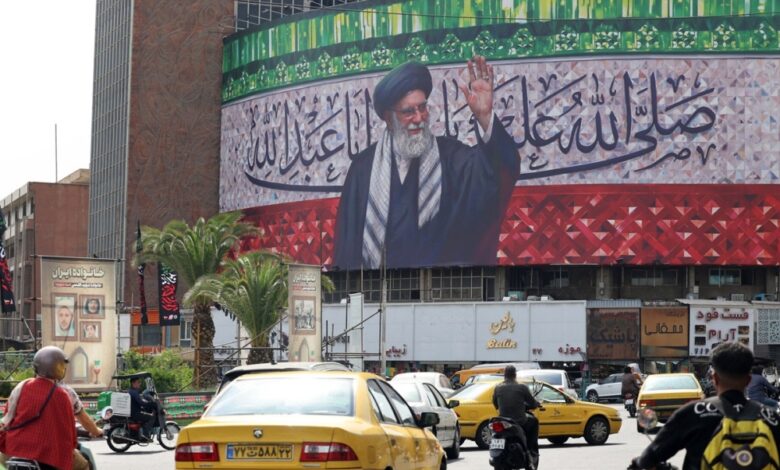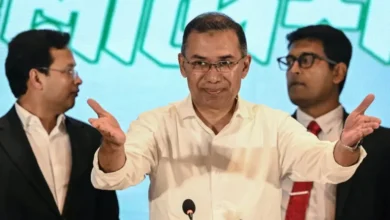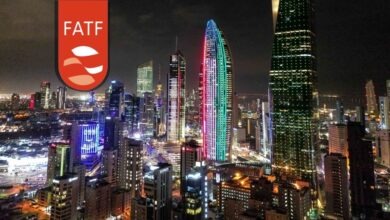
In a sharp escalation of pressure on Tehran, French Foreign Minister Jean-Noël Barrot announced that the European Troika — France, Germany, and Britain — will activate the UN “snapback” sanctions mechanism by the end of August if no nuclear agreement is reached with Iran.
Barrot made the statement ahead of an EU foreign ministers’ meeting in Brussels, clarifying that the three nations are justified in restoring a global embargo on arms, banking, and nuclear-related equipment, initially lifted in 2015 under the Joint Comprehensive Plan of Action (JCPOA).
The warning followed the circulation of a false report attributed to German Chancellor Friedrich Merz, claiming sanctions would be triggered within days. Barrot emphasized that unless Iran shows a credible and concrete commitment, the mechanism will be activated no later than August 31.
The embargo provisions under UN Security Council Resolution 2231, which validated the 2015 nuclear deal, are set to expire in October, unless extended via the snapback clause.
In response to the renewed threat, Iran has warned it may isolate European countries from its nuclear program and could even withdraw from the Nuclear Non-Proliferation Treaty (NPT). According to diplomatic sources in Tehran, this would be a direct response to what Iran sees as an unjustified reimposition of sanctions.
The snapback mechanism allows any party to the 2015 agreement to notify the UN Security Council of a “significant non-compliance” by Iran.
If no resolution is adopted within 30 days to extend the sanctions’ suspension, previous UN sanctions are automatically reimposed under a “reverse veto” rule — even if other Council members object.
While Iran is already under unilateral U.S. sanctions, the activation of the snapback would mean global enforcement of restrictions, with legal consequences for countries that fail to comply.
Despite the storm, Iranian President Masoud Pezeshkian has maintained a conciliatory tone, tweeting messages of hope, national unity, and commitment to diplomacy. “We must look at the past with a critical eye to open new horizons,” he wrote. “Rebuilding hope, willingness to learn and change, and forging a new path based on compassion and rationality are what will lead us to a better future.”
He also recalled the unity of Iranians during past crises, praising the collective strength of the nation in times of adversity. Yet his independent rhetoric has intensified pressure from hardliners, raising fears that Iran may soon undergo a new wave of political purges or internal restructuring.
With nuclear negotiations stalled, Western strikes on Iranian targets, and internal divisions deepening, the coming weeks are likely to prove vital for Iran — both on the world stage and within its own leadership.












